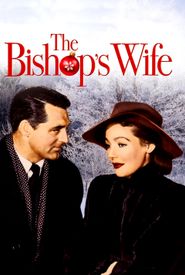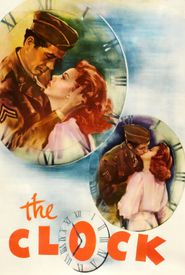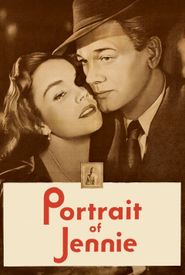Robert Nathan's familial background was marked by prominence, as he hailed from a notable New York family boasting a rich heritage of influential relatives, including the trailblazing activist Maud Nathan, the accomplished author Annie Nathan Meyer, the celebrated poet Emma Lazarus, and the esteemed Supreme Court Justice Benjamin Cardozo. Prior to his formal academic pursuits, Nathan received his early education at prestigious private schools situated in the East and Switzerland, laying the groundwork for his future intellectual endeavors. In 1912, he enrolled at Harvard University, where he had the privilege of studying alongside the renowned poet E.E. Cummings. Demonstrating his multifaceted talents, Nathan was an accomplished cellist, a skilled lightweight boxer, and a formidable fencer, while also serving as the editor of the Harvard Monthly, a prestigious literary publication.
Nathan's academic journey commenced at the esteemed Harvard University, where he earned his degree, subsequently embarking on a personal path that entwined his life with marriage and the birth of his family. However, as time passed, Nathan's professional trajectory took a dramatic turn, as he bid farewell to his career in advertising to pursue his long-held passion for writing. This courageous decision marked the beginning of a new chapter in his life, one that would be defined by the pursuit of his creative aspirations.
The year 1919 witnessed the publication of Nathan's debut novel, "Peter Kindred," which, despite its initial lack of widespread recognition, failed to deter his unwavering dedication to his craft. Instead, Nathan's perseverance and unrelenting passion for writing gradually began to yield tangible results, as he started to garner appreciation and acclaim within the literary community. This newfound recognition was capped off by the esteemed F. Scott Fitzgerald, who publicly professed Nathan's work as his personal favorite, a testament to the latter's enduring impact on the world of literature.
Nathan's literary career flourished throughout the 1920s and 1930s, as he prolifically published a multitude of novels, each one showcasing his exceptional storytelling prowess. Among his notable works were "The Fiddler in Barley" and "The Bishop's Wife", which garnered widespread critical acclaim and solidified his reputation as a masterful wordsmith.
Nathan's most renowned literary endeavour, the novel "Portrait of Jennie", was first published in the year 1940, weaving a captivating narrative around a youthful artist who becomes utterly enamored with an enigmatic and breathtakingly beautiful woman.
This seminal work would later be adapted into a cinematic production in 1948, featuring the talented Jennifer Jones and Joseph Cotten in starring roles.
Throughout his illustrious career, Nathan continued to author novels and screenplays, earning widespread acclaim for his distinctive fusion of fantasy and realism.
His creative output was marked by a unique ability to seamlessly blend the extraordinary with the mundane, resulting in a body of work that continues to be celebrated for its innovative storytelling and captivating characters.
Nathan's multifaceted persona extended far beyond the realm of literary excellence, as he was also celebrated for the intricacies of his personal life. His romantic exploits were marked by a string of five marriages, resulting in a substantial family legacy. Furthermore, he was renowned for his benevolent nature, frequently extending a helping hand to his fellow writers in need. Nathan's extraordinary life came to a close in 1985, leaving behind a lasting heritage as one of the most singular and gifted writers of his era, a testament to his enduring impact on the literary world.
Nathan:
Nathan was born on October 18, 1912, in Newark, New Jersey. He developed an early interest in writing and began his career as a journalist, eventually transitioning to fiction. Nathan's writing style was characterized by his unique blend of humor, wit, and insight, earning him a loyal following among readers. Throughout his life, he was known for his kindness and generosity to other writers, often offering guidance and support. Nathan passed away on November 22, 1985, at the age of 73, leaving behind a legacy that continues to inspire and influence writers to this day.




























